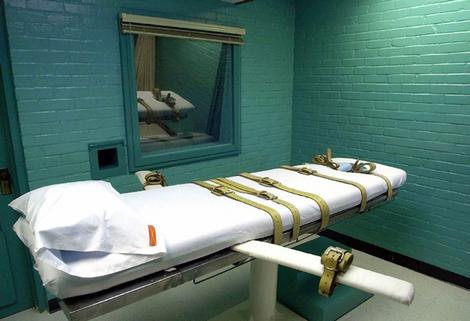The National Catholic Reporter posted a story today (via Cindy Wooden of CNS) about the removal of Bishop William Morris of the Diocese of Toowoomba, Australia. This follows an apostolic visitation by Archbishop Chaput of the U.S. Diocese of Denver, Colorado. Bishop Morris issued a letter in which he explained that he has not been granted access to the report written by Bishop Chaput, and that “without due process it has been impossible to resolve these matters, denying me natural justice without any possibility of appropriate defense and advocacy on my behalf.” Bishop Morris did not want to resign, but negotiated early retirement, albeit “with profound sadness.”
Why was Bishop Morris removed? Cindy Wooden writes that it is because of his Advent Pastoral Letter of 2006, in which he indicated he would be “open to ordaining women and married men if church rules changed to allow such a possibility.”
The removal of Bishop Morris, without a public explanation, raises some serious questions. I wonder, what is this really about? Is this about ordination? Is “openness” to women’s ordination a sign of infidelity? What would due process look like in this case? Why was Archbishop Charles Chaput appointed as Apostolic Visitor to the Diocese of Toowoomba?
Anne M. Burke, former chairperson of the USCCB National Review Board, wrote an Op-Ed in the Chicago Tribute on April 29, in which she describes the unfolding criminal investigation against priests in the archdiocese of Philadelphia. Troubled by the continued cover-up of abuse, even during the National Review Board’s own investigation, Burke asks, “Can the bishops ever be trusted?” Burke concludes her piece by expressing her disappointment in bishops who choose to cover-up abuse. She demands truthfulness and accountability:
“But I expect truthfulness at all costs from our leadership. If that cannot be supplied then we must go back to the drawing board. Do we not have the right to truthfulness? Perhaps a Council on Truthfulness might help to expand the importance of this critical virtue. Perhaps it could be a meeting of bishops and the faithful in which they share ideas and dreams for the church. Perhaps we could let the power of the virtue of truthfulness help redefine the proportions of holiness in the church.”
I’m concerned by the current climate of mistrust, secrecy, and lack of due process that has been described in the case of Bishop Morris and of the criminal investigations in Philadelphia, as well as other recent news stories (for example, the Doctrinal Statement on Quest for the Living God by Elizabeth Johnson, and the visitations of U.S. women’s religious orders in the last year). While there might not be immediate plans for a Council on Truthfulness, Burke challenges the faithful to think about their own dreams for the church. I wonder, what are the special virtues required to serve the church in this time of mistrust?


